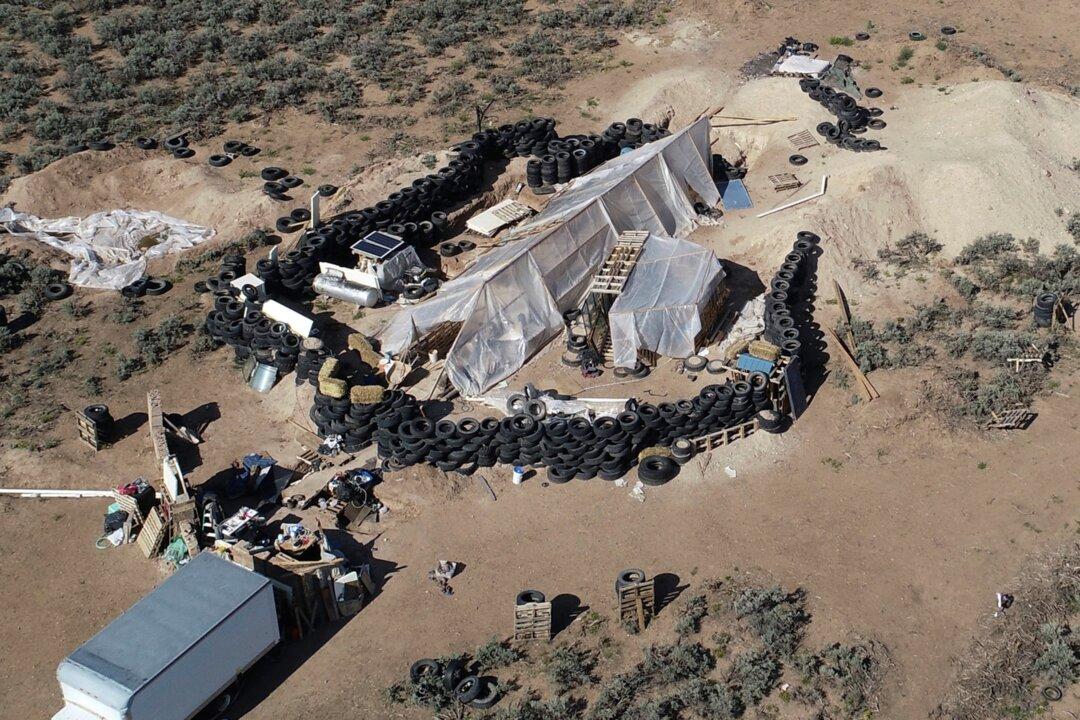ALBUQUERQUE, N.M.—A U.S. judge is expected to hand down sentences Wednesday for five defendants in a federal terrorism and kidnapping case that stemmed from the search for a toddler who went missing from Georgia in late 2017 that ended months later with a raid on a squalid compound in northern New Mexico.
The sentencing hearing comes months after jurors convicted four of the family members in what prosecutors had called a “sick end-of-times scheme.” Each faces up to life in prison for their convictions.





